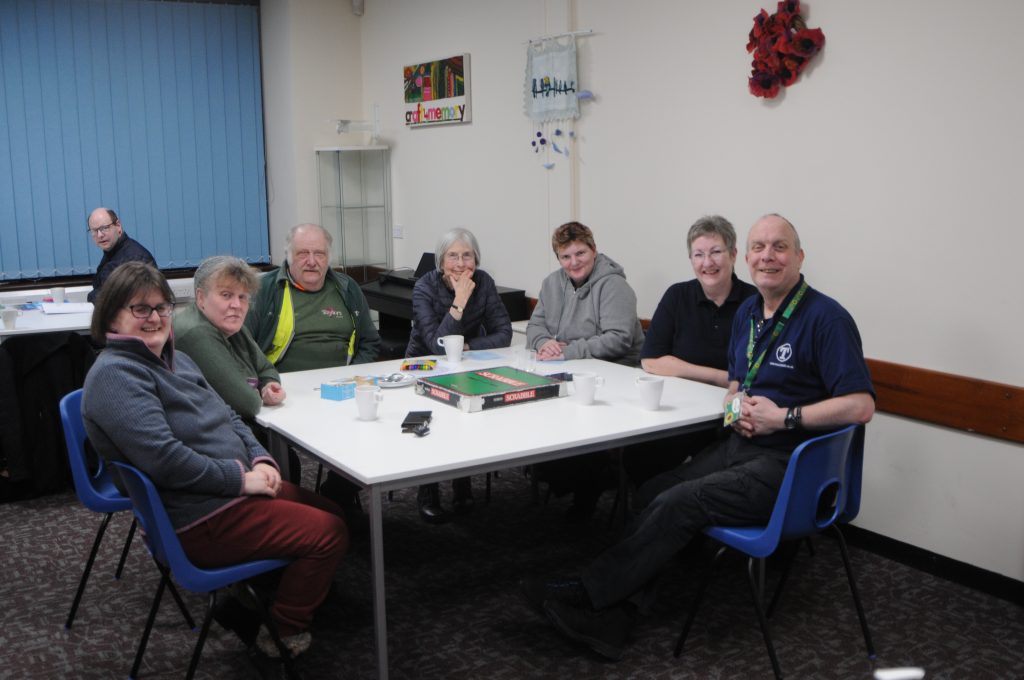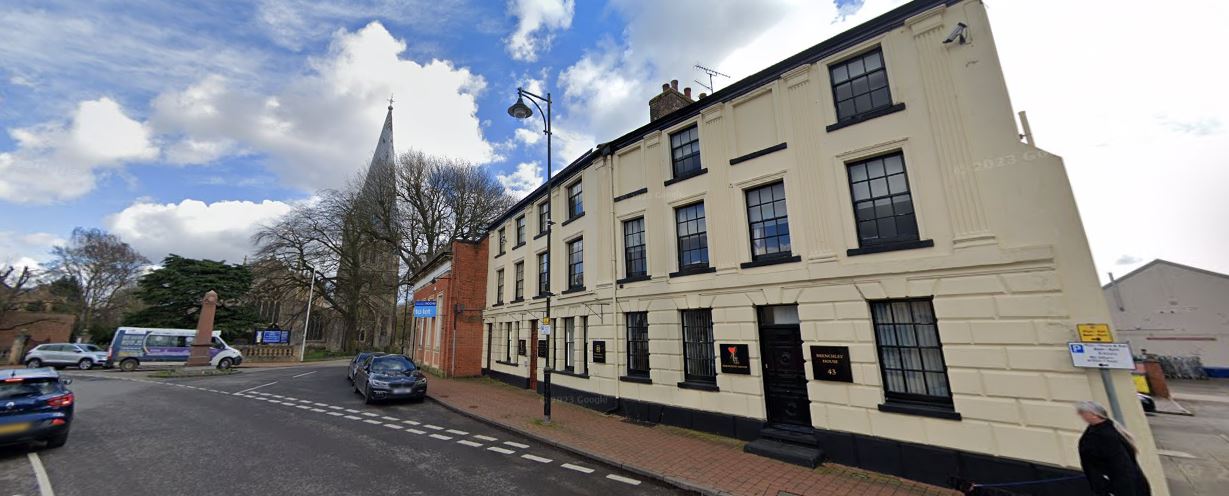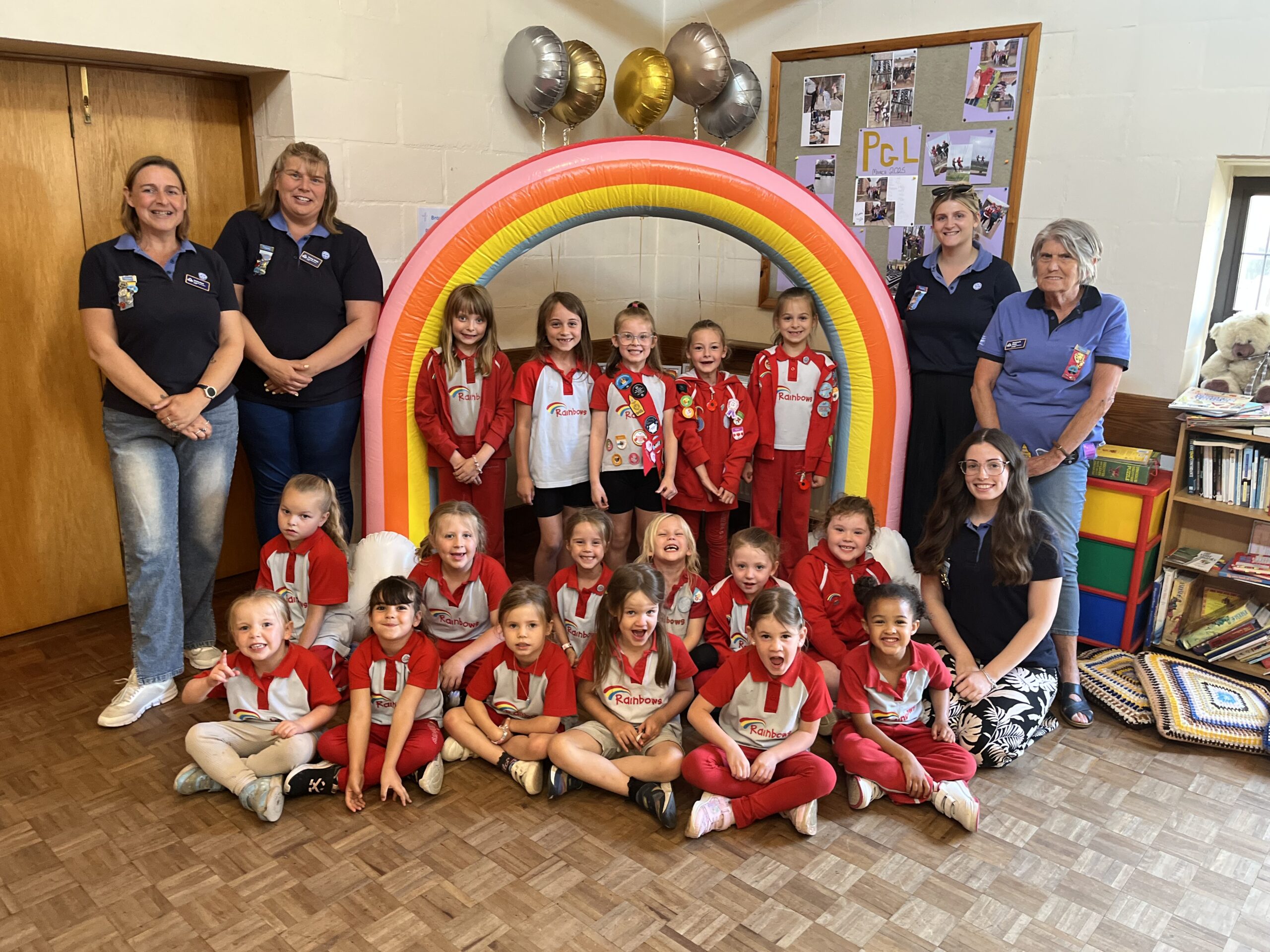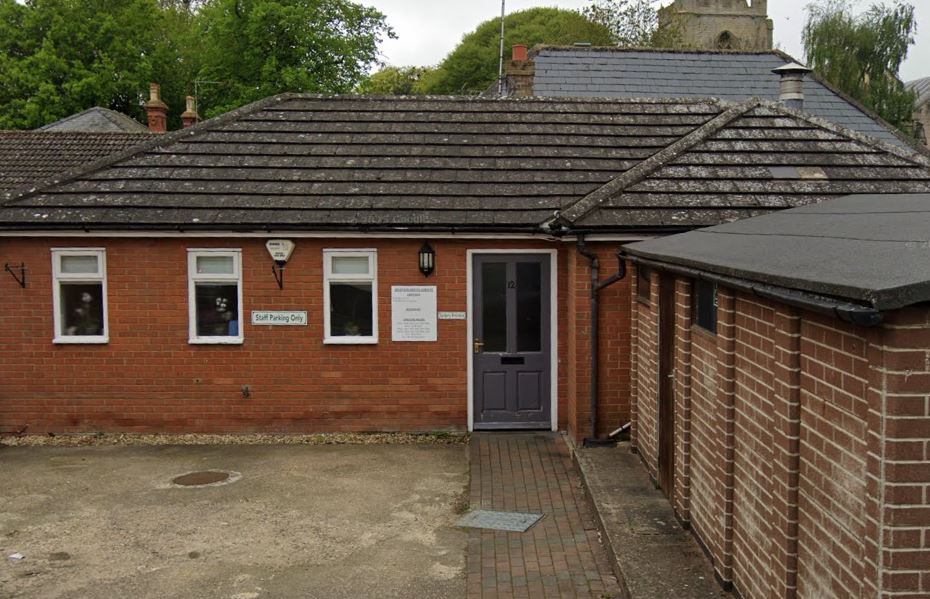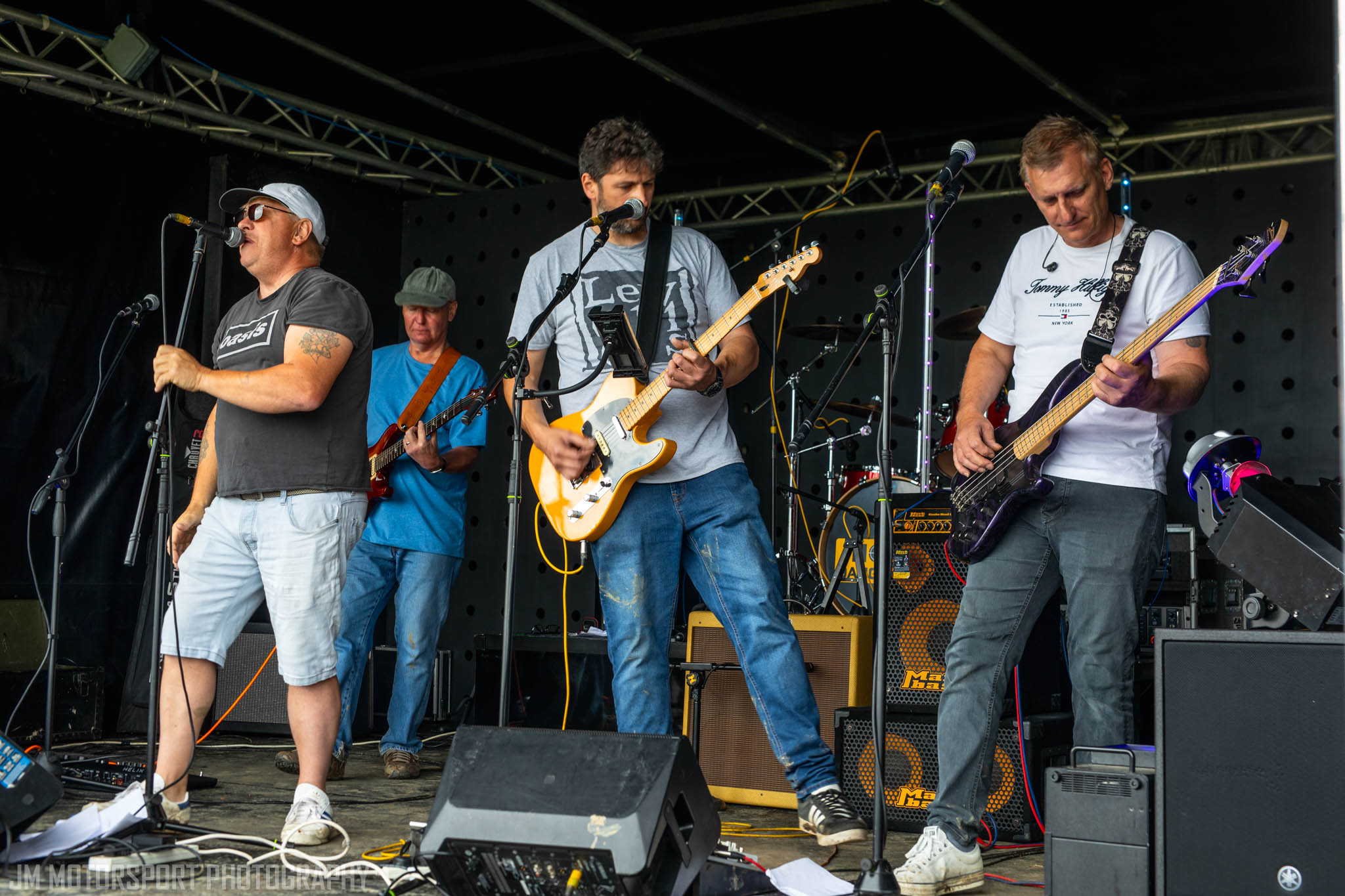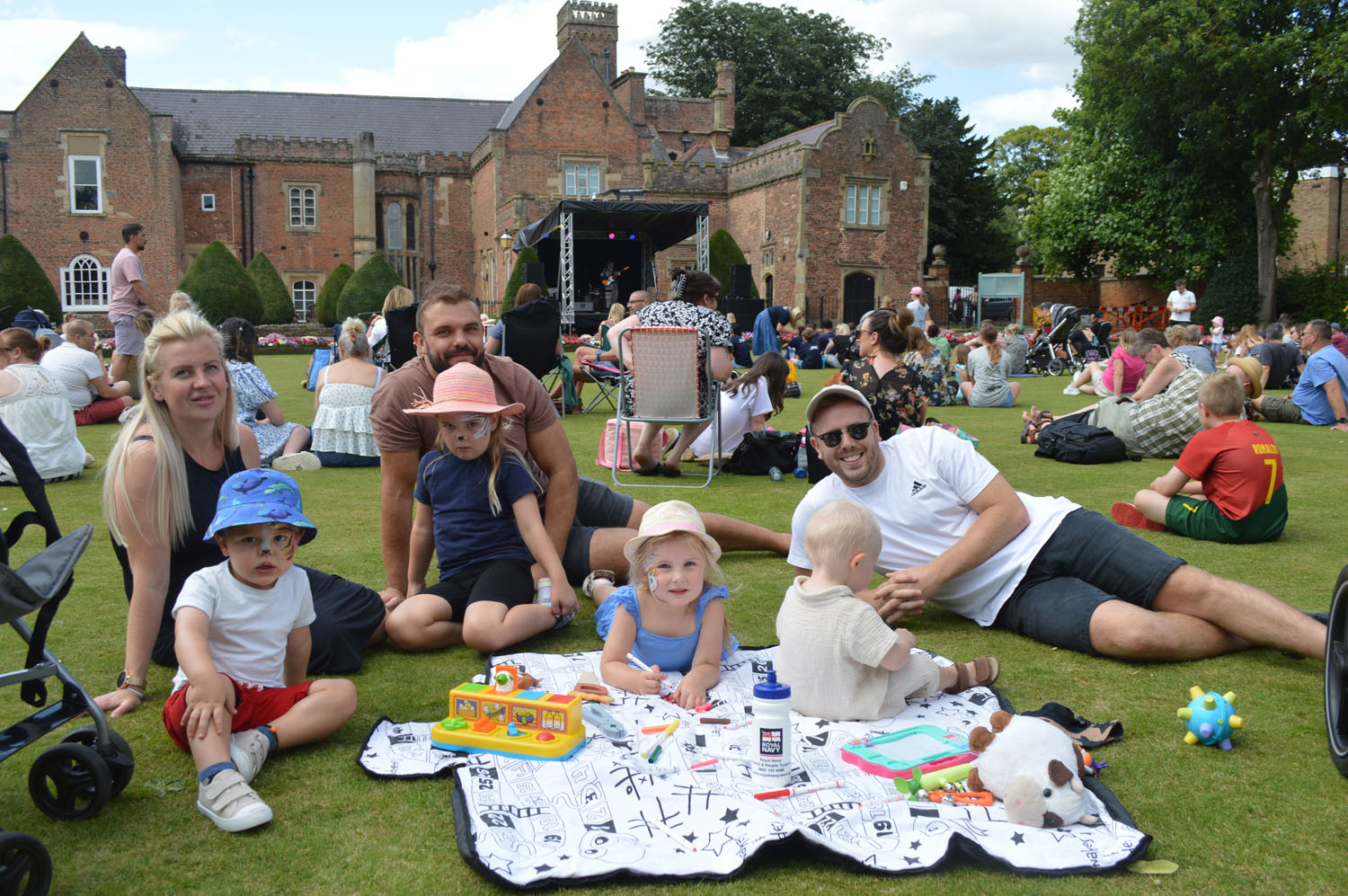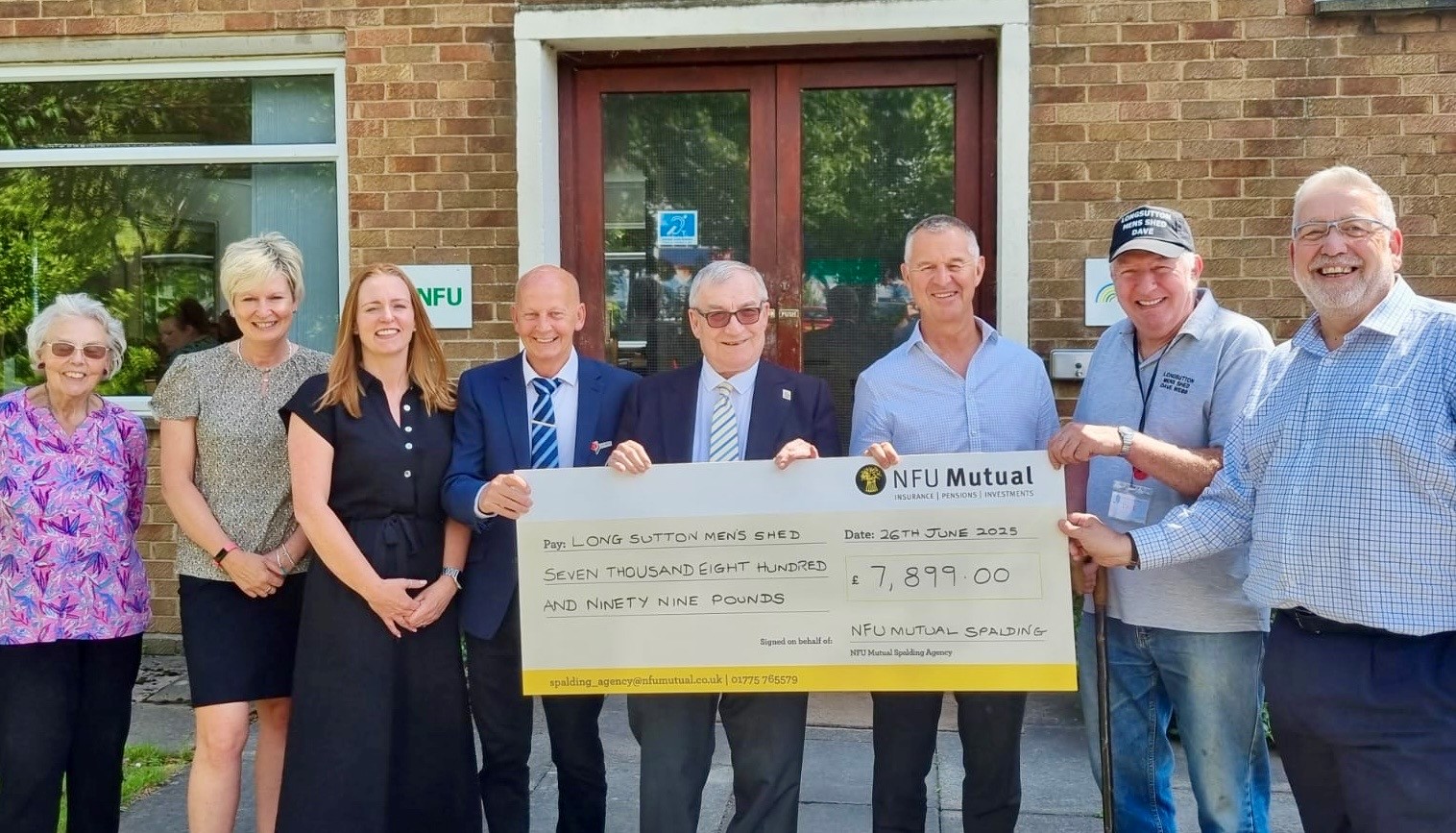It’s a cafe with a difference and it’s making a big one to people’s mental health in Spalding.
The Night Light Cafe is a brilliant collection of individuals, all with their own inspiring stories who are helping each other.
It’s bring run by Tonic Health from their Westlode Street base from 4pm to 7pm on Mondays and Thursdays with the idea of being a safe place for anyone who might be struggling with depression or anxiety to spend a few hours outside of the house.
There’s a number of ‘Listeners’ on hand, volunteers for people to talk to, many of whom have experiences of battling mental health issues.
But their brief really is to just chat and listen, play a game or two, or dish out the food including toasties and salads.
“It’s just about providing a safe place for people where they can come and talk about their mental health or if they’re feeling a bit lonely,” said Tonic Health’s Ruth Taplin who oversees everything. “They might want to play a game of something like chess or Scrabble or they can bring their own activities, such as knitting.
“It just breaks the day up for those feeling isolated and provides a few hours where they can come and interact with others.
“The Listeners are not just there to talk about mental health, but about anything at all really.
“I firmly believe from my own experience that help comes from other people and making connections and not from being on your own.

“The more people you connect with the better and as a community we can welcome anybody in, be they aged 18 to 90, all are welcome to come in for a cuppa, a chocolate biscuit and a chat.”
At this point Ruth introduces one of the listeners, Julie Martin.
“Julie made a difference in the last session,” Ruth continues. “A lady came in quite distraught and Julie talked to her for over an hour.
“It really had big impact on the lady and she was so thankful after.”
Julie herself is visibly emotional to hear this.
She and husband Andy volunteered at Tonic Health after previously getting involved with a COVID-19 vaccination centre.
“We all go through mental health issues to different degrees,” Andy said. “You feel it’s the time to give back.”
Ian Tarplee is among the volunteers who continue to help out where they too have been helped.
“Mental health support in Lincolnshire is very limited,” says Ian, who was referred for Tonic Health’s support 18 months ago. “For children it’s not so bad but for adults it’s hard to find help.
“I was struggling with anxiety and depression but they couldn’t make it easier to get the support I needed.
“It’s like a big family here really.”
The idea for the Night Light Cafe originally came from the charity Acts Trust in Lincoln who began running the sessions in conjunction with local churches.
Lincolnshire Care Commissioning Group has funded for it to be expanded across the county for an initial 12-week trial.
That’s due to end this month and Tonic Health hope funding will continue, but it hasn’t heard anything yet. The Voice asked Lincolnshire CCG if funding was to continue but didn’t receive an answer.
Everyone we spoke to was full of praise for the scheme.
One person who didn’t wish to be named explained how great it was to be out of the house as they struggled to find a job due to their age while not wanting to go in pubs fearing a relapse of their alcoholism.
“It’s just a nice atmosphere and I come here to talk to people,” he said. “The country’s in a mess but places like this help.”
Keith Snelling is ex-military and volunteered as a Listener having spent a five-year period out of work..
“It’s definitely better than sitting at home watching TV,” he continued. “Being unemployed can have a huge effect on your mental health and then if you have other issues, it makes it even worse.
“Here you can come and sit face-to-face. When you’re behind a phone you’re can just say you’re ok but your not.”
He referenced his experience in the military when speaking about how men sometimes find it difficult to admit having mental health problems
“You’re not going to talk to your Sergeant Major about mental health. You’d be told to ‘man up’.
“It’s better to talk about it though and as an ex-squaddie I’ve only just come to terms with that.
“It’s been an epiphany really and listening to others provides a really different perspective to my problems.”
Perhaps the most inspirational is Craig Button.
“I nearly killed myself in December,” he said. “I got everything ready to take my life but thankfully I got the help I needed.
“Now I’m here because I want to help others and I’m studying for a degree in psychology.
“Everybody goes through mental health issues to varying degrees and there’s a whole host of people here from different backgrounds so we can help each other out.
“If we can help just one person out then it’s worth it.”

